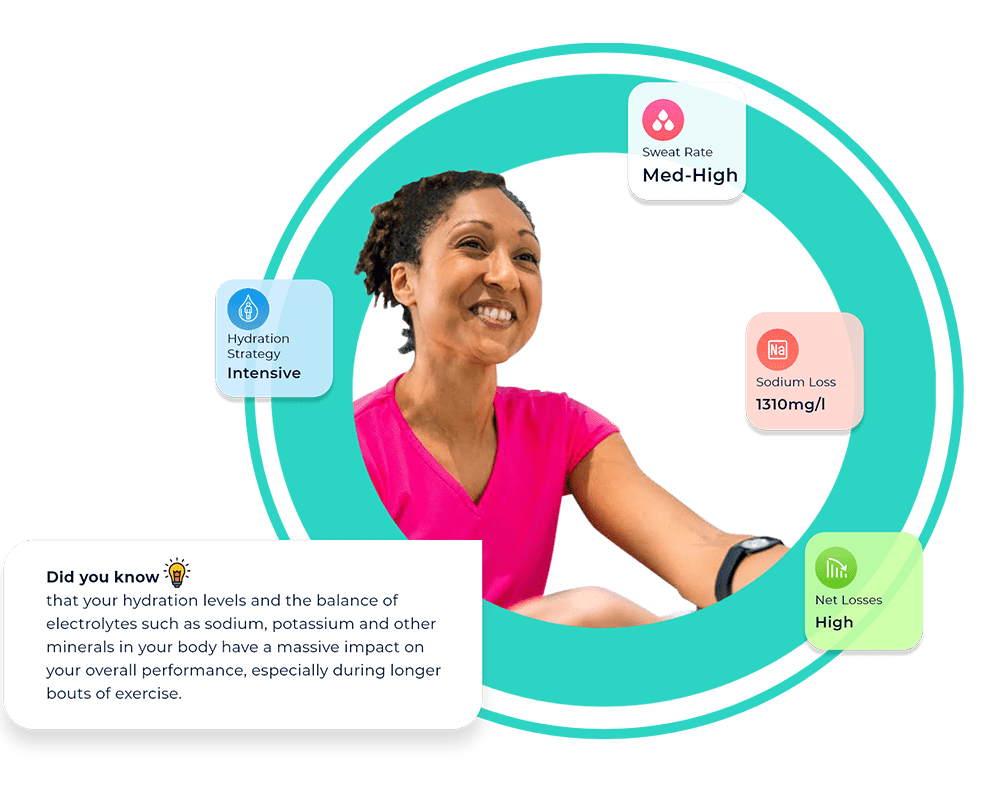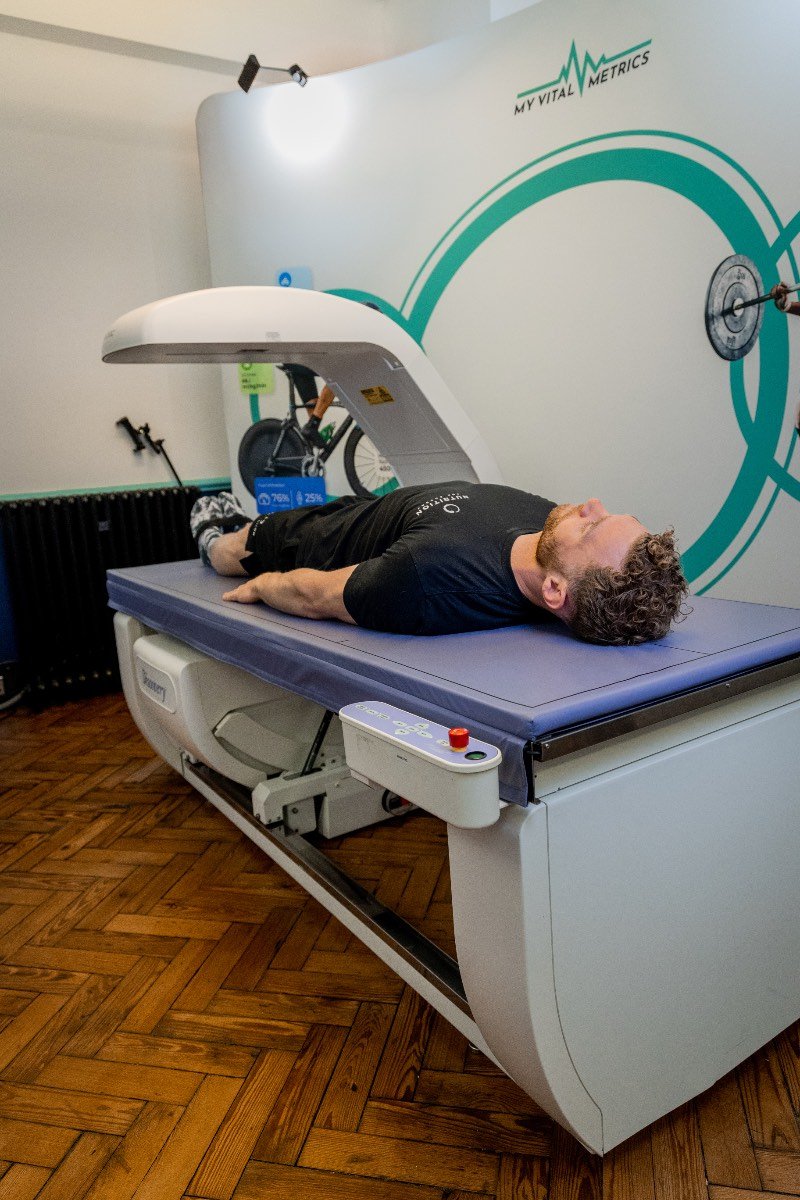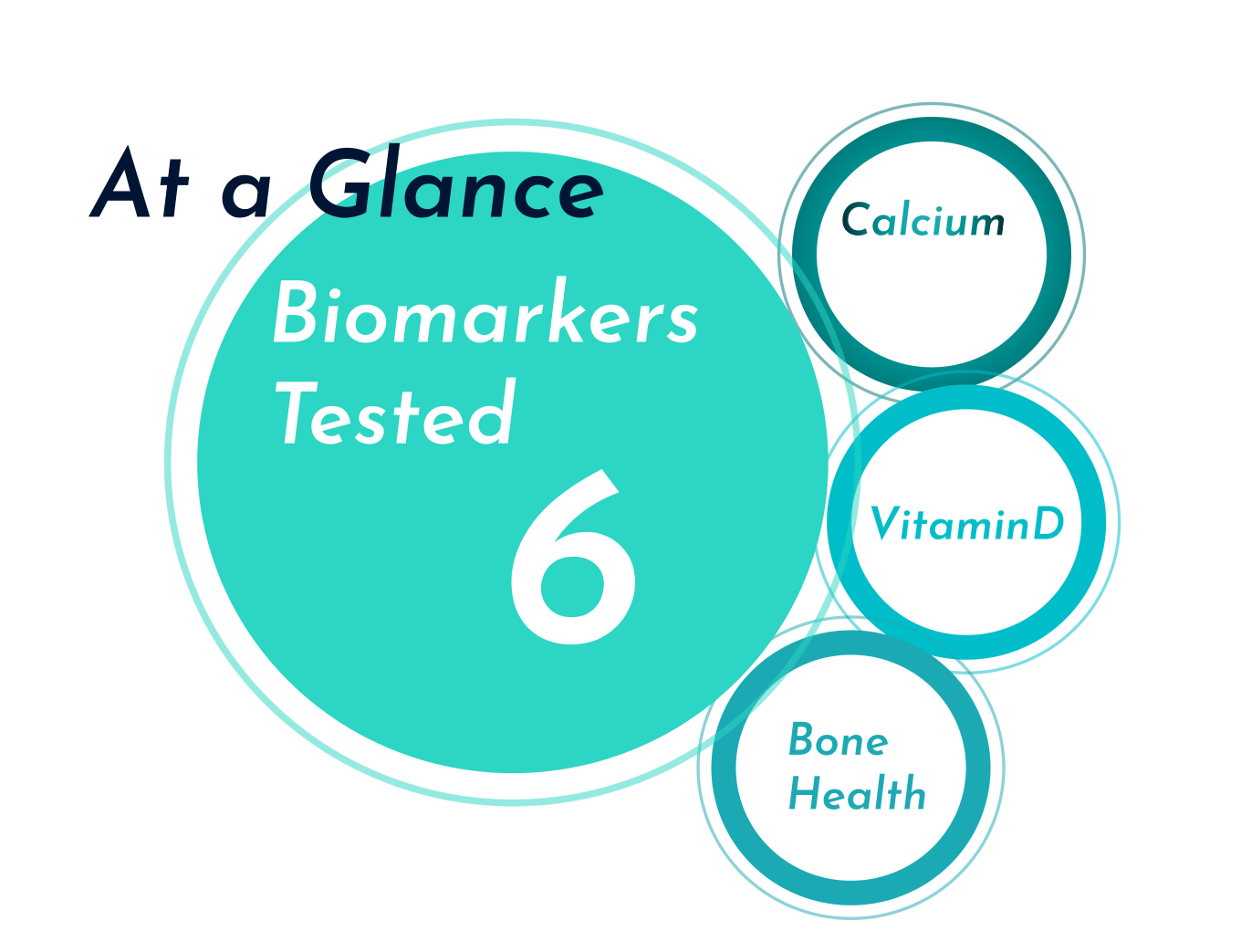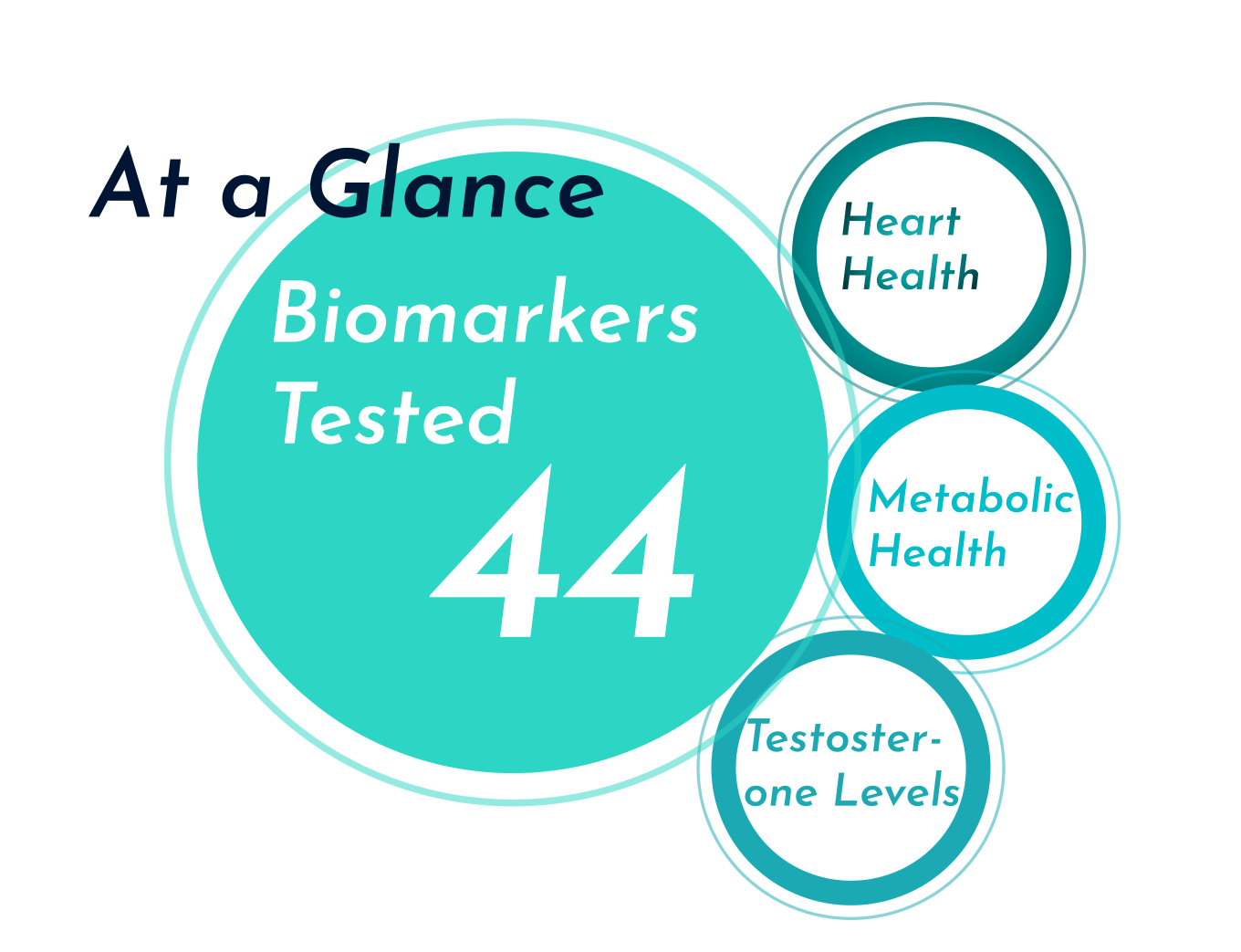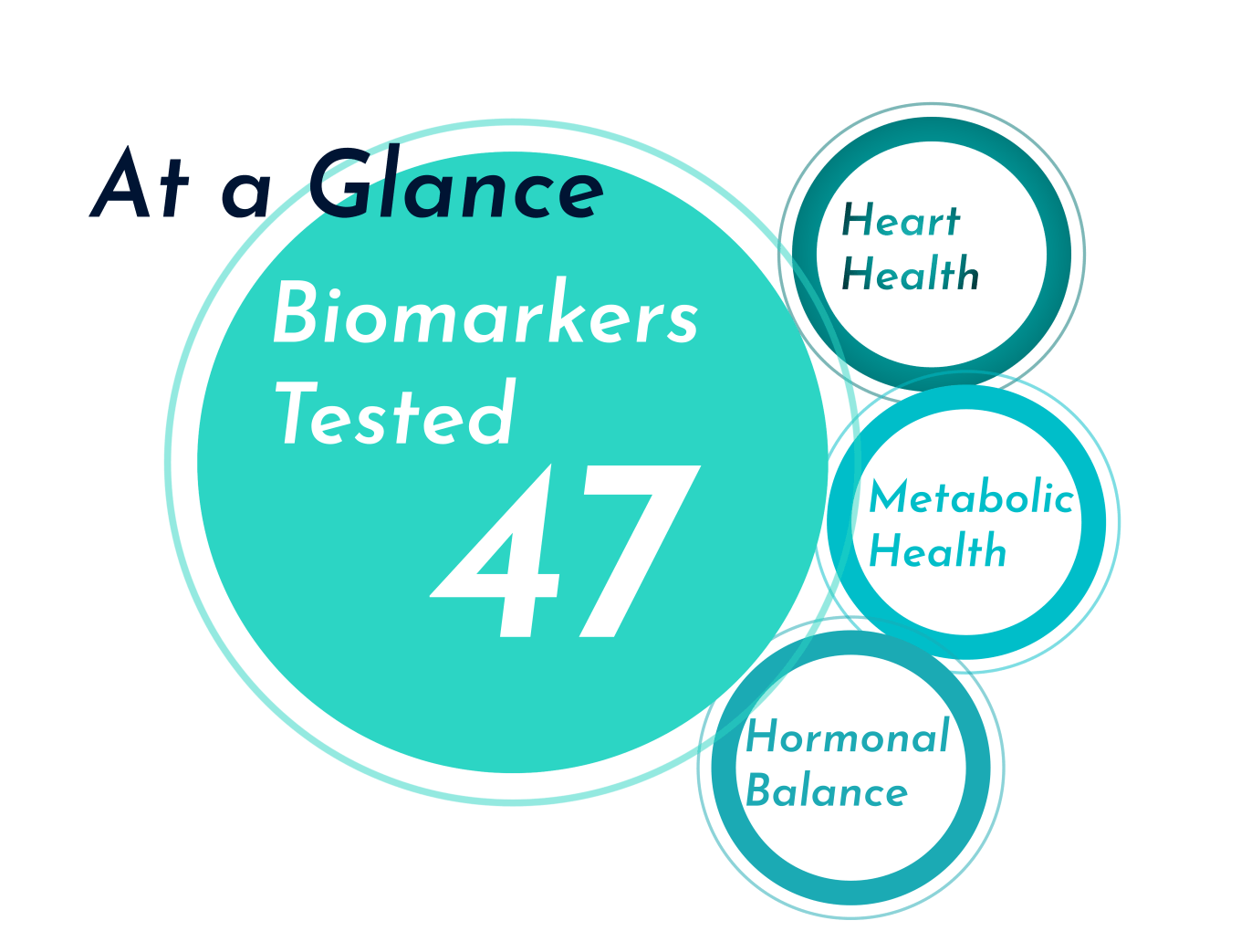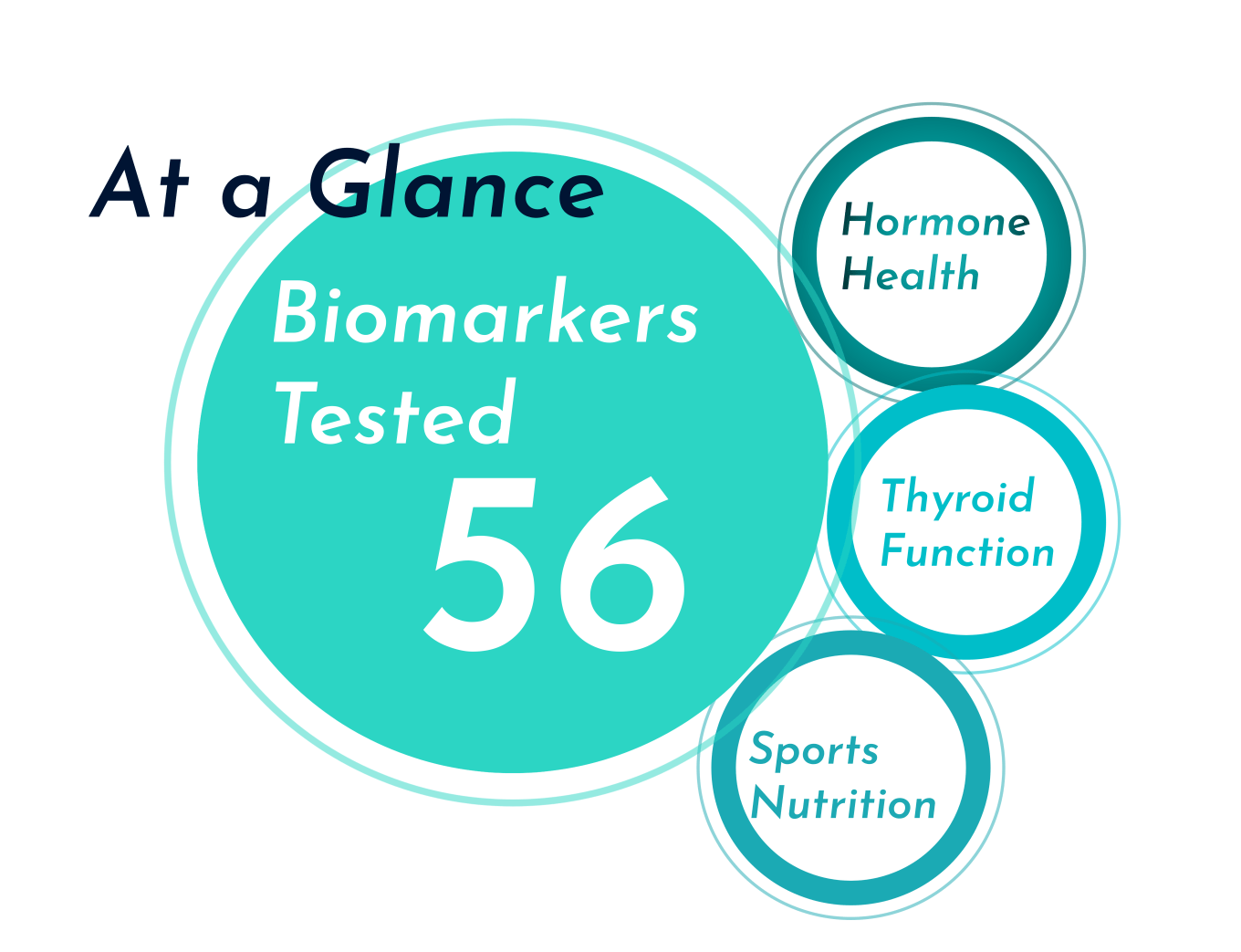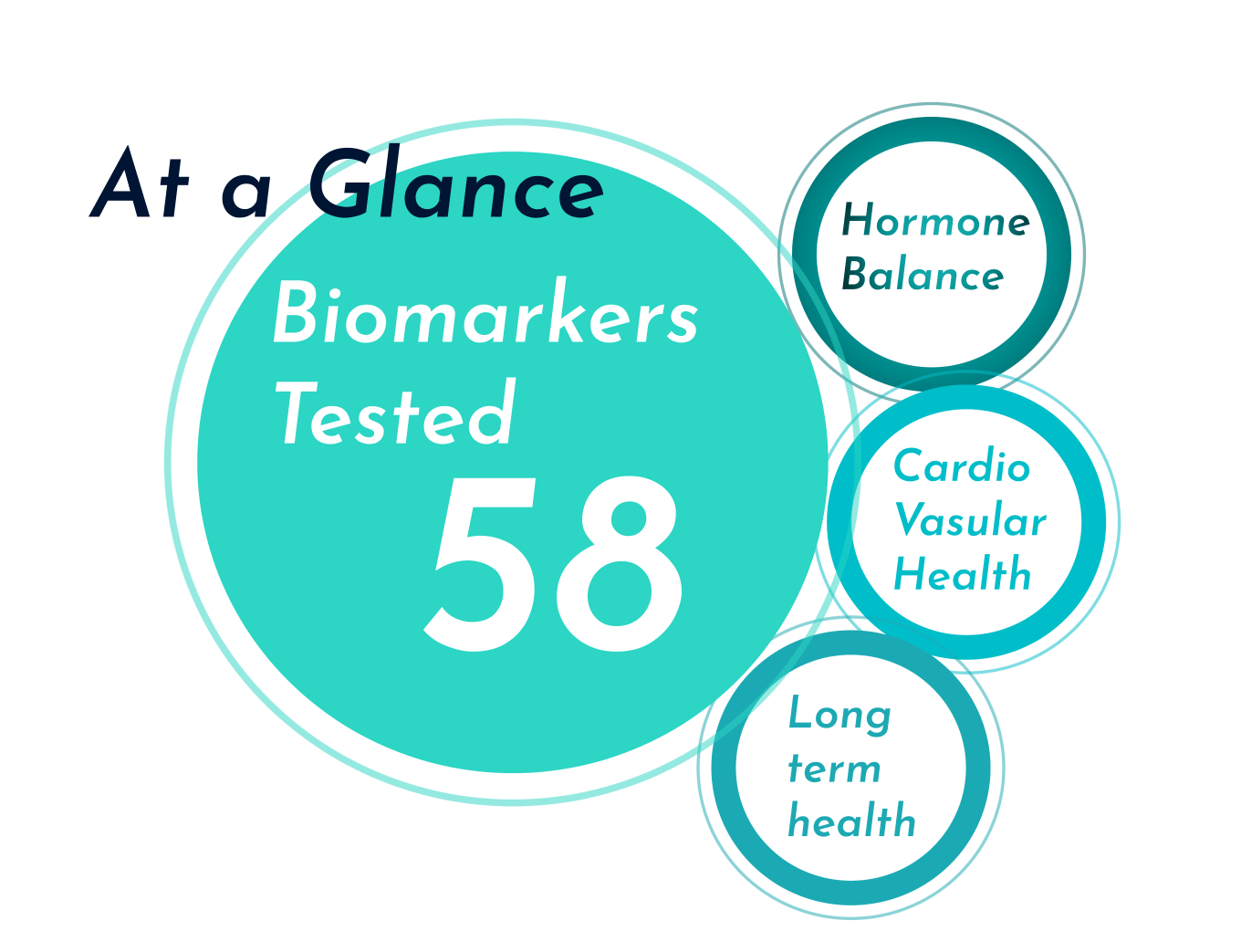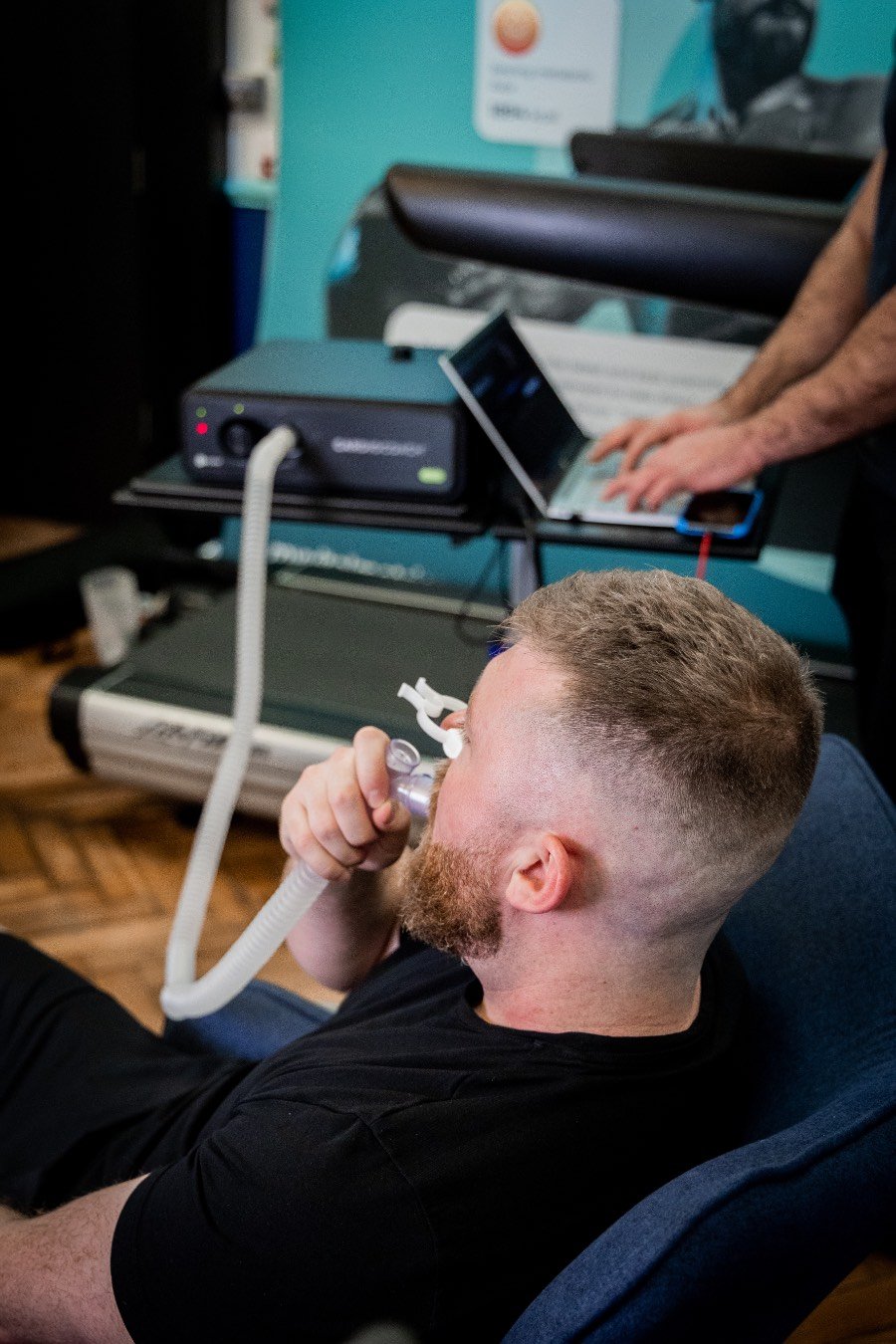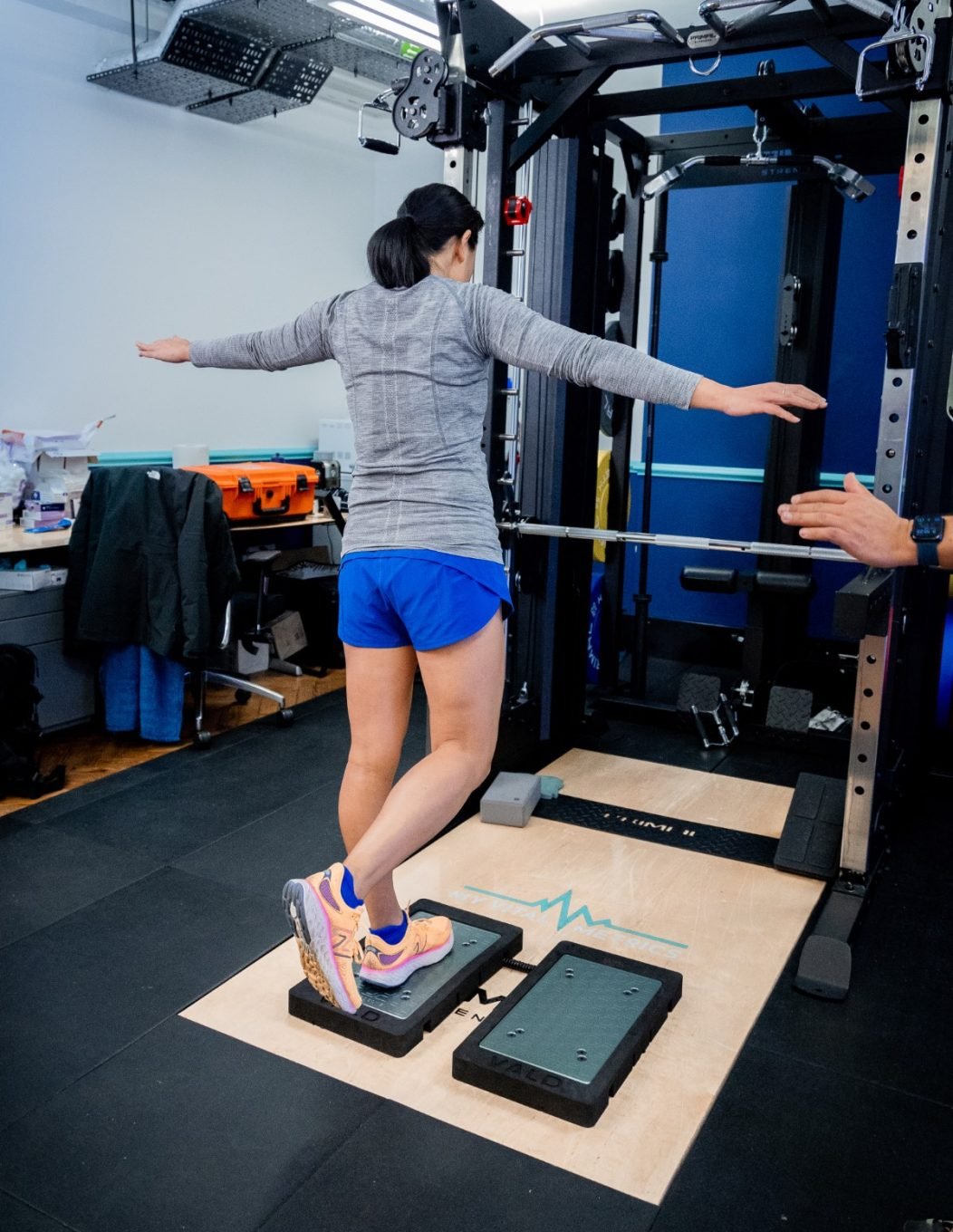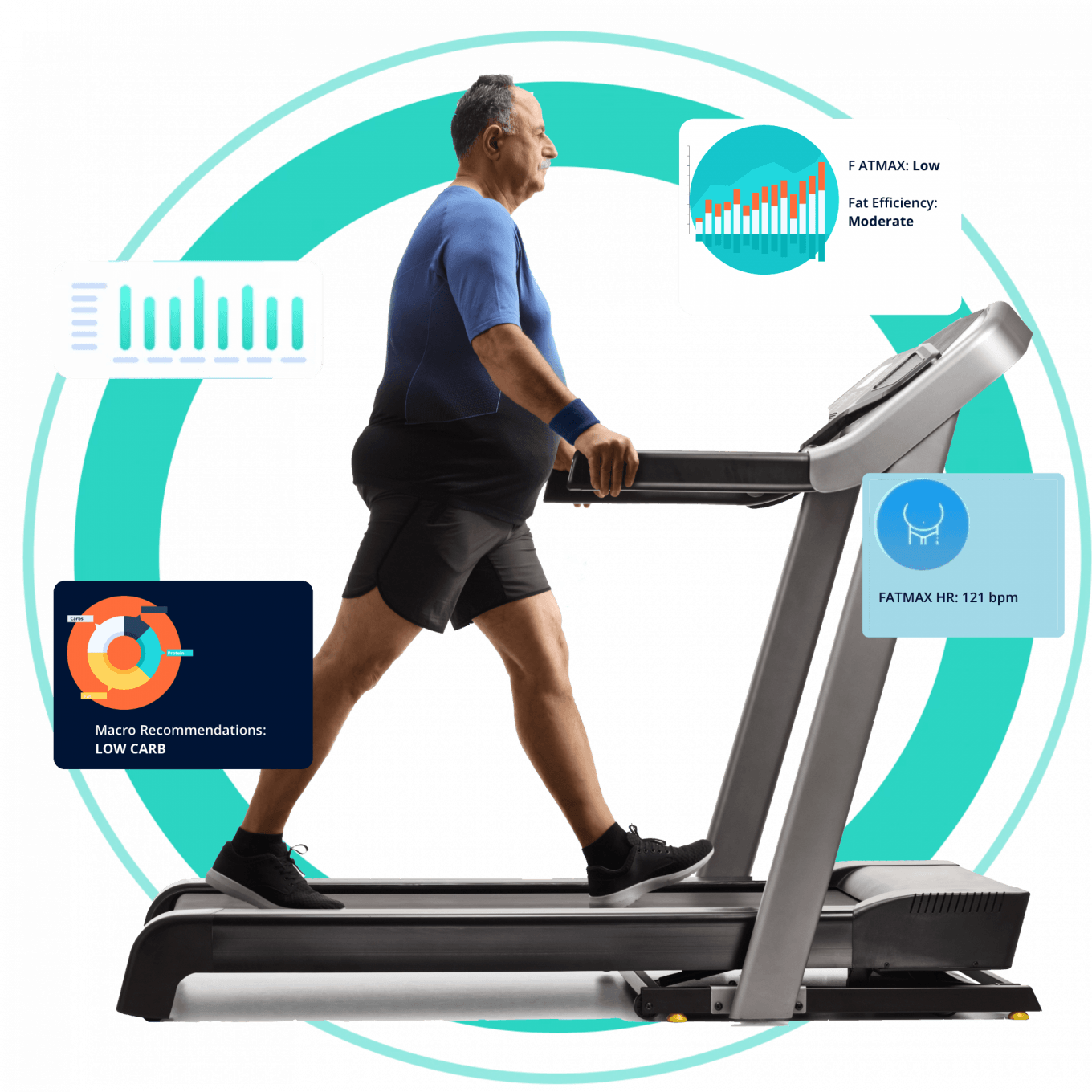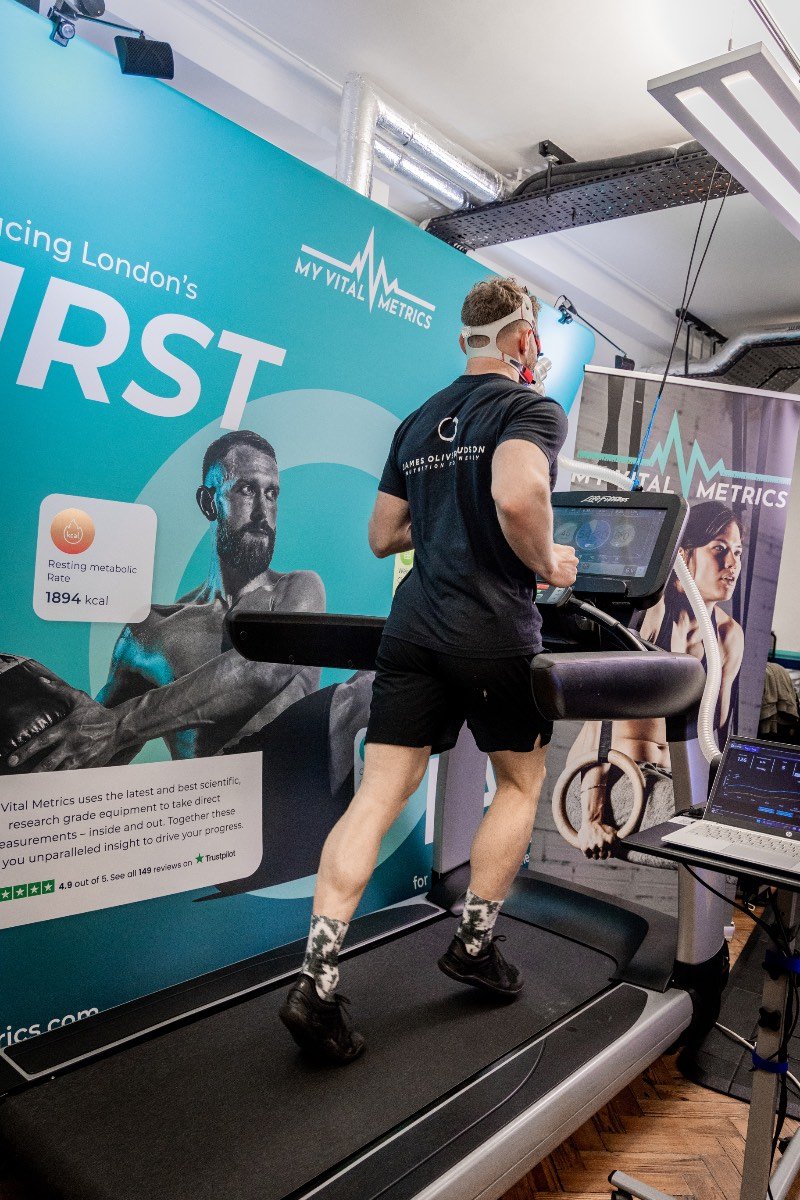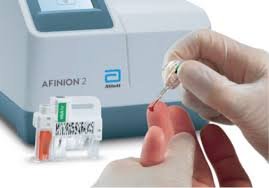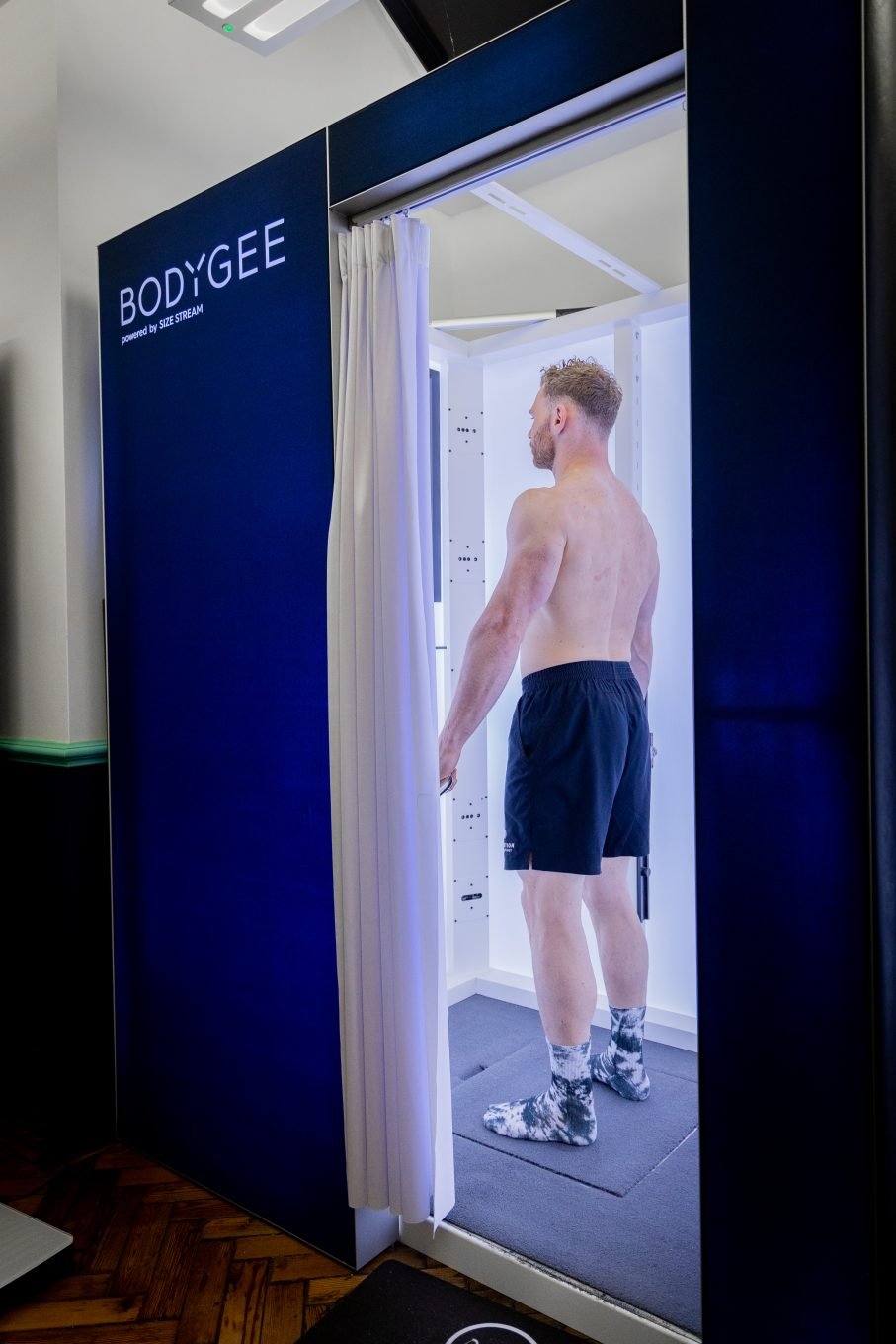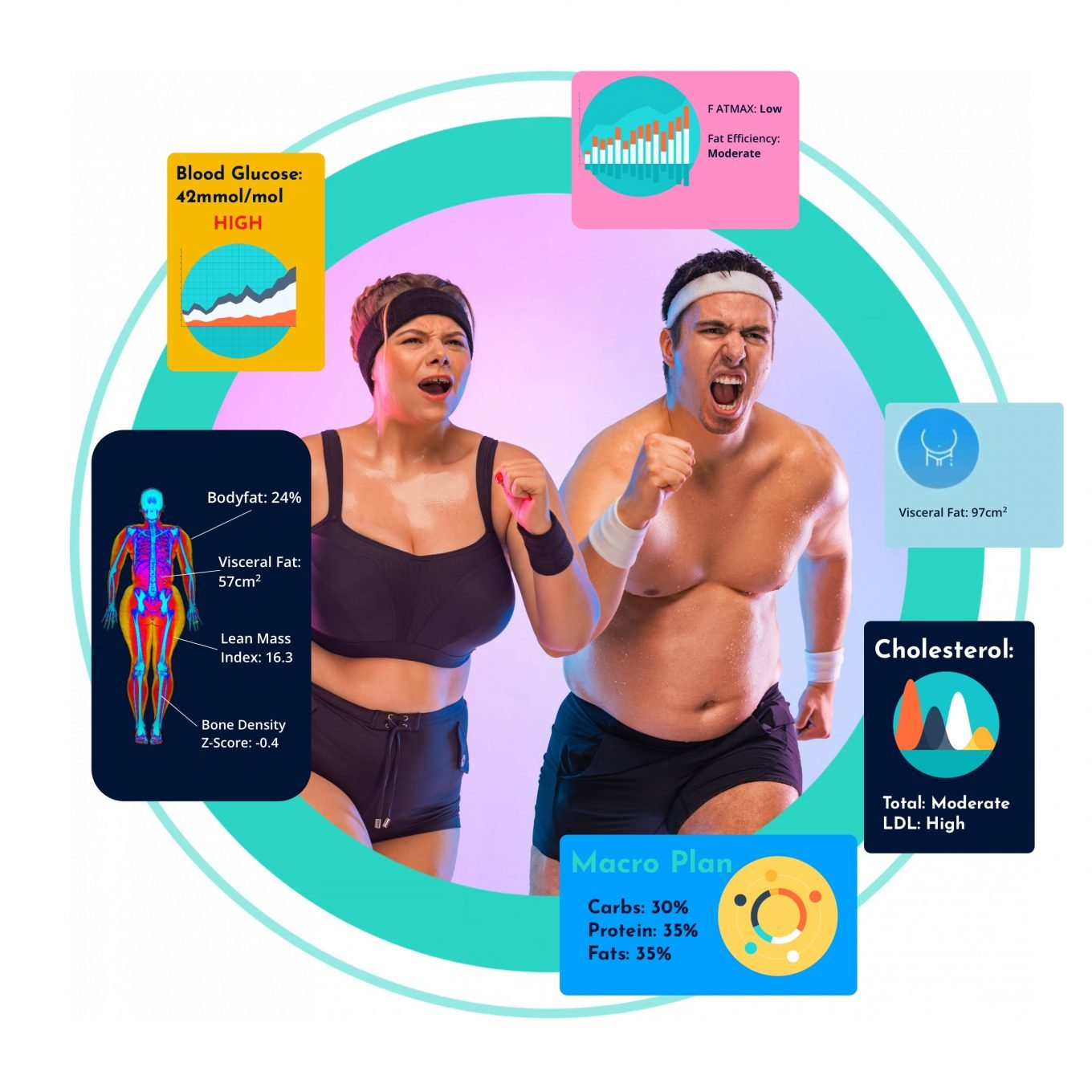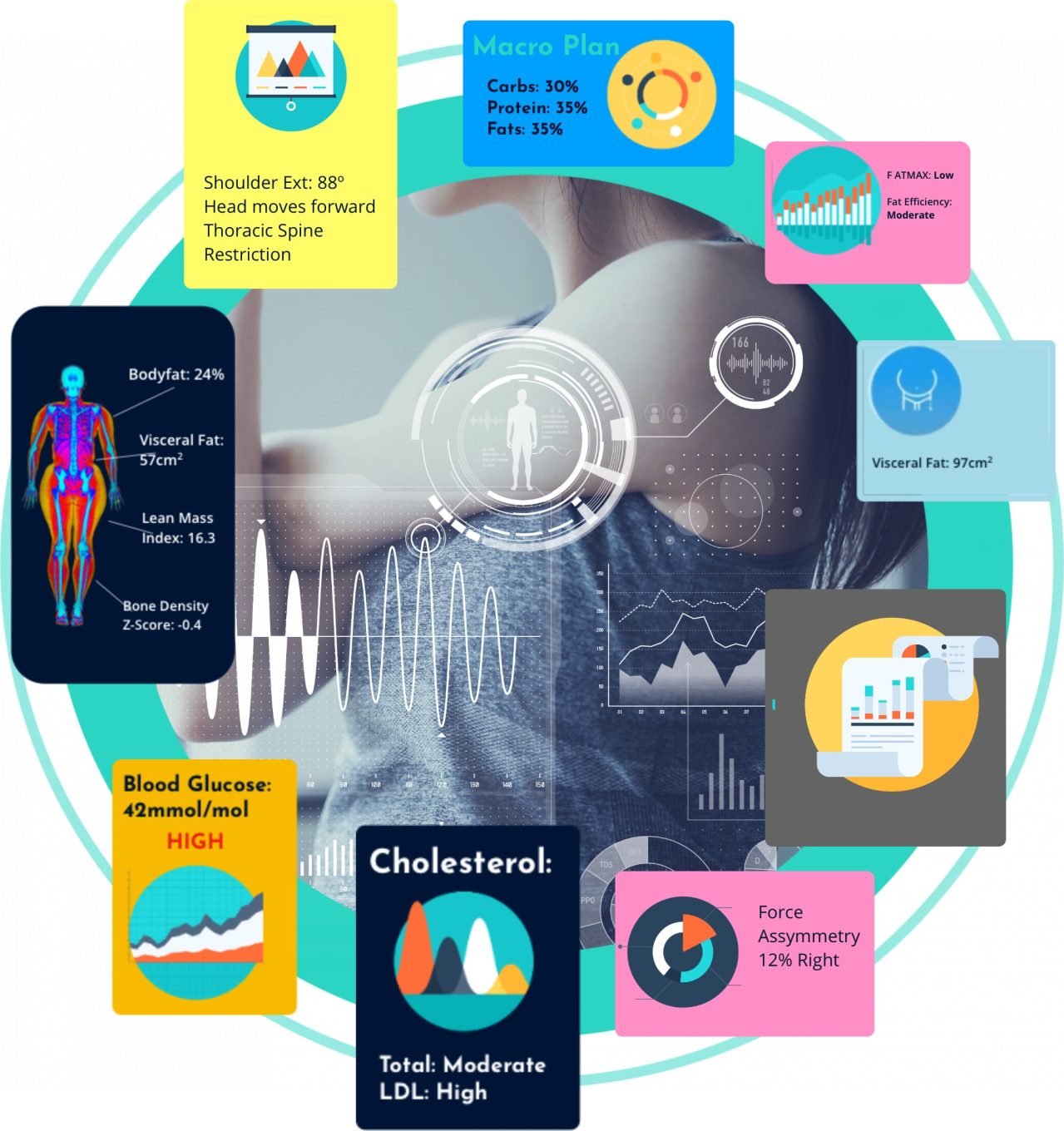Benefits and limitations of fitness testing
If you’re interested in expanding your personal training to include fitness testing, it’s worth considering the pros and cons of fitness testing within the context of personal training.
First, let’s take a look at the benefits of health and fitness testing:
Assess general health
At a basic level, it’s a great idea to complete a basic fitness evaluation prior to starting a training program with a client to assess their general health. Ask your client about their medical history, especially any medical conditions or injuries that might impact their ability to train. You might also choose to take baseline measurements of:
- Height
- Weight
- Resting heart rate (RHR)
- Resting blood pressure (RBP)
Establish baseline measurements to track progress over time
The next benefit of fitness testing for personal trainers is the ability to establish accurate baseline measurements.
Having a concrete understanding of your client’s health, fitness, and strengths and weaknesses not only lets you build a personalised training program that will maximise their results, but it also gives you the ability to use objective measures to track their progress over time.
For clients with a goal of weight loss or body recomposition, body composition testing, in particular, can give clients motivation to focus beyond the scale, and offer insight into more “hidden” metrics such as visceral fat, muscle mass, and fat distribution.
Identify strengths and weaknesses & establish training goals
Fitness testing can be massively helpful in providing clients with a well-rounded view of their health and fitness.
Understanding your clients’ strengths and weaknesses can help you optimise their training time by focusing efforts on areas that will maximise their progress.
Taking baseline measurements can help you devise a program that meets a client where they’re at, maximises their strengths, and builds on their weaknesses.
Customise metrics based on client goals
Fitness testing isn’t a one-size-fits-all assessment.
Depending on the fitness level, training goals, and timeline of your client, you might choose to offer a variety of fitness tests, a specific test, or none at all.
While monitoring measurements such as weight and body fat can be a useful strategy, fitness testing opens the door to monitoring that reflects a more diverse range of goals, from body recomposition to improving cardiovascular endurance, training for a specific event or competition, or improving longevity.
Maintain client motivation and morale
One of the most powerful benefits of fitness testing is that insight into fitness level and progress can keep client motivation high. Being able to view and quantify progress can be incredibly validating of the hard work put in, and drive clients to keep showing up.
Schedule fitness tests at intervals to keep morale high, create accountability, and gauge the efficacy of a fitness program.
Limitations of fitness testing
While fitness testing can be a fantastic tool for personal trainers, it isn’t without its limitations. Fitness testing isn’t able to:
- Offer a medical diagnosis
- Replace professional medical care
- Identify the root cause of a test result (such as low bone density)
- Identify the cause of low metabolism
For this information, clients should seek advice from a medical professional.
Offer Your Clients the Gift of Fitness Testing with My Vital Metrics
Want to increase the value you offer your PT clients, at no additional cost?
Affiliating with My Vital Metrics gives you access to the highest quality of fitness testing equipment, including DEXA testing for body composition and bone density, VO2 Max and FatMax testing for aerobic endurance, and RMR testing to accurately determine caloric requirements.
Diversify your programmes, broaden your client base, and boost your revenue through fitness testing with My Vital Metrics.
Interested in testing for yourself? For a limited time only, use code BLACKFRIDAY23 for 20% off all scans and packages at My Vital Metrics this Thanksgiving.
